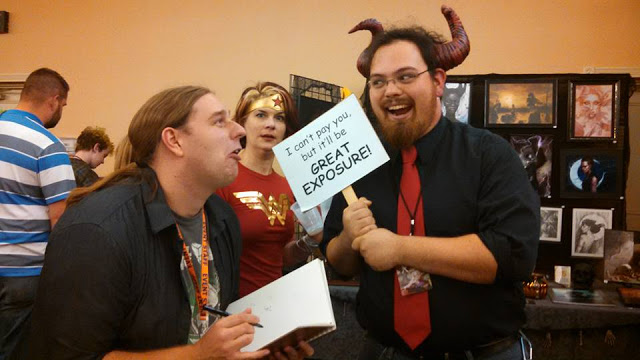 |
| Photo by JS Choi of he-who-will-not-be-named doing his brilliant thing at Illuxcon. So perfect and hilarious. |
Below is an actual conversation… posted here mainly because it is almost the exact same conversation I have had over the last few weeks with different clients. It’s nice to get contacted for work, but this isn’t work. There’s clearly a hunger our there in the world right now for art- mainly for promotional purposes, and that can be a good thing for us all no doubt. Doing a high profile thing for free sounds like a workable idea and sometimes it can be. But know what it is you’re actually agreeing to, and what they are truly doing. Much of it is spearheaded by the notion that “Great Exposure” is the same as actual currency- that it is in and of itself, pay. It isn’t.
Here’s the deal. Exposure to a wider audience is of course a good thing generally speaking, and that’s the bait. There’s some value and truth in it especially in the early days of your career where you absolutely should do things to grow your fan-base and readership. This has an actual long term value if done right, and can really boost you forward. But it’s hard to quantify and requires certain elements to line up to actually be something to grow from. However, when you are approached by a company to do art for them to help push their game, movie, whatever… not a pinup on their tumblr blog, but actual art-directed work, and they claim not to have money to pay but that’s okay because it will be great exposure… stop and think about what’s happening. When “Great Exposure” is offered up in lieu of money, your hopes and needs, maybe even the enthusiasm you might have as a fan of the thing you are being asked to do work for, are being exploited to provide free art they can use to make money from. That’s what’s happening from a basic clinical perspective. They’re getting paid, but you are not, and yet both of you are working. Why is that? Are they actually incapable of paying you or are they choosing to? Are the circumstances that burned through their budget just in time not to pay you, something you need to feel responsible for paying for, by not getting paid? If you accept this now-free work for their profit, how will you pay for your bills? What happens if a paying gig comes along in conflict with your now pro-bono commitment? And most importantly: recognizing what is actually happening here, decide how you feel about doing it, and why. If you’re going to do this anyway, do it with your eyes wide open going in. It’s your choice to make- no one else’s, but I’d prefer you didn’t. Here’s why.
 |
| My cover for THE LIGHTENING GIRL for Scholastic Books. One of the rare jobs for hire that also produced on of my all time favorite pieces of art. Sometimes you just get lucky. |
Working this way encourages more offers like this, and that isn’t working in a professional sense. And usually it encourages more of the same. Which is not what you’re after. It’s bad for your peers and community because it reinforces their idea of how your work is valued- economically speaking, (which is not very much at all). Like leaving food out of for mice: you attract more mice, not more jobs. For some reason the arts are the only industry I know of where this presumption is considered such a common business practice the response when you bring it up to others, is a shrug. The easy clarification of this situation is to reverse the question is here below when applied to other goods and services in a fairly hilarious way:
It’s a tempting potential, but easily creates a dangerously tricky cul-de-sac for your career, rather than the launchpad you’re being sold. You may find yourself ten years down the road where you are in pretty much the same spot doing this kind of thing over and over. Exposure can lead to more work, but often once you set your work rate to zero, expect more clients to hope for the same, or a nibble above if you’re lucky. Why wouldn’t they? I have always seen dividends from the jobs I took were exposure was a factor, but only the jobs that were professionalized by being paid for them. The free stuff has not once brought in a single actual quantifiable return except in extremely rare and specific cases. The paid gigs that are also great exposure work because you are taken seriously as an professional-ass artist, and by investing in you, it behooves them to at least justify the expense by making it successful and put to good use. Everybody wins, and everybody gets to work for a living. It’s the way most of it functions, and all of it should work. That’s not collectivism, it’s just mutual self interest. The flipside is this new flood of Work-For-Exposure gigs- The work merits no value from them and so you may find it treated as such- or at least not necessarily in the way you think should be. Not being invested in the work means it doesn’t matter if it succeeds because it doesn’t cost them anything if it doesn’t… so who cares, right? Most of the time someone asking you to do free work and thank them from the exposure is taking advantage of you. Many are just messengers- and some genuinely do not see what the big deal is. It’s not always a crass manipulation or conspiracy… but the end result is the same. Who cares who lit the match if the house has burned down?
When I was finishing up Freaks of the Heartland for Dark Horse, Scott Allie got in touch to offer me a run on Conan alongside Kurt Busiek. I hesitated not being very much familiar with the stories as I felt I should be, and one of the big encouragements was the exposure to my work it would bring. That was kind of one of the prevailing points and values, (aside from getting to learn about comics from Kurt which was priceless all by itself). He was right to do so and while this turned out to be true, they also still paid me to do it. They actively promoted the book and I made appearances at SDCC and they reprinted the work later and again later still in a massive compendium book. They were invested in making a return for themselves off of what they had invested in Kurt and I to do it. And it lead directly to Ethan getting in touch with me to do INDEH, my next graphic novel project- of which I am so very proud of. So it worked great, but it DIDN’T work because I did it for just the exposure- a.k.a. For Free. This is definitionally work, and they will profit from your efforts which is why they’re doing it in the first place. Dark Horse paid, I got to focus and do my best job, and they got a better book out of it they can keep reprinting and folding into their assets. This is the system working. Again, you’re all working here… just make sure you all get paychecks so you can do it again, and then again.
As a helpful tool, when I’m being considered for a job, I always apply my four basic rules for how to decide whether its something I want to do. Exposure is in here and counts as a potential value, or deficit. Often times it’s easy and obvious… other times not so much. But it helps to have a checklist, so here’s mine as an example.
This is the easy one. The thing we do as five year olds with a box of crayons. We draw because we want to- scratch that. Because we NEED to. We’re artists and compelled to do it. We make work because it makes us happy to do so. No artist should ever find themselves in a place where this does not happen with regular frequency or you’ll lose your spirit for the work. Maintaining joy in your work is obvious, but in art it can mean the difference between doing good work or hack work. And you’ll always be able to tell the difference. If you find, like I do, that you are locked into a lot of necessary work to pay bills, try to make time to do work that doesn’t to balance that out rather than rage against your predicament at the time. Not doing this can lead to a total flame out. for me it’s the ongoing act of codified hooky I call THE 52 WEEKLS PROJECT. Even if it never gets regarded by others or brings you anyplace, it will back feed into your ability to do commercial work. At the very least it can be the weekend you work towards. This is also the only pillar that can make the job worthwhile without the others. A piece or work of art can always be done for nothing if the love is there, not so much should it be done in any other direction. Love however is also the most vulnerable as it will be the one aspect most exploited by people looking to trick you into making money for them. For free. You grew up adoring and idolizing Spiderman and Marvel comes to see if you’ll do a free work-for-hire comic for them because the exposure will be great for you, you’ll probably leap at the chance, at least on the outset. So as much as I hate to say it, if you’re going to let your heart drive the car, make sure your brain is in charge of the steering wheel. Question everything especially the properties you love most. THat’s where the snakes can creep in and will.
This is one of the secret values that can really pay dividends later. In fact truth be told, relationships are the most important asset to your career aside from the quality of the work you do. Essentially there are times when you can and should take a job or sign a contract below your usual wage to secure fortify and grow a relationship with a certain company, publisher, studio, director, AD or editor. Let’s say you have a book you want Pantheon to publish, and they come to you with an offer to do a holiday card, for free as a favor to them. Do this. This is not such a bad thing to do as it can and is a compliment to your craft that would reach out to you, a newbie, to do this. Think of it as a date before you get married for a more serious project. Treat these even more seriously than you would a contracted job, (you should treat ALL assignments as if they are the last you’ll ever get, by the way- because if you don’t they very well could be). You do this card everyone has a great time… they like your work and now you are on their radar for a paid gig. That’s your first date. Relationships may be the most long term value you can muster in your career, and you don’t want to nickel and dime these things. But again, like with Publicity, (or true exposure), this need-to-believe can be bastardized and twisted into something that looks and sound like this, but isn’t. Learn to spot the difference and remember.
Now the other side of this are the positive aspects of the relationship currency. The books world, the comics industry… these are both very very big things but very very small as well. Everyone talks and everyone knows each other, so your relationship seeds of goodwill can sprout blossoms beyond even your own expectations. AD’s when they’re good, are your good pals. They run interference, manage lunatic writers or even editors and largely behind the scenes in a way you’ll never even know. Their job is to see the job get done, they are not the write of policy. My deepest long-lasting friendships with AD’s have all come out of TERRIBLE circumstances. They brought us together to navigate as a team and in going through war we became partners. Trust and work-ethics are never more on display than when you two are dealing with a project that is just going badly. If you can keep your cool in a bummer scenario, do your job trust your compatriots, you cannot measure the goodwill that comes and the AD will be looking for a better gig for you later if in no other way by telling their co-ADers how awesome you were during that bad bad week. In war terms, the AD is your platoon sergeant. Your beef is with the top brass, not with them. They can help make things better or they can make things worse if you don’t see them as allies. Frankly it’s in your interest to go the yellow brick road route.
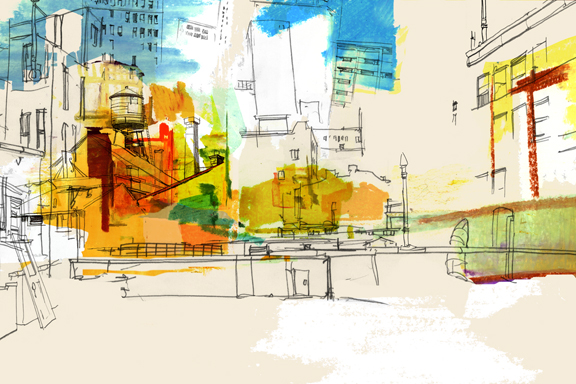 |
| Done for Rob Thomas’ “Ever the Same” video with Harder/Fuller Films. |
The apple in the garden of art making- and maybe the snake too. This is both the thing that lets you afford a life to make more work as it is the siren singing you to shipwreck. Money is what buys you food and art materials and a place to do it so you can make more art to make more money and continue the cycle. Surviving solely as an artist is a rare and tricky thing to pull off. You’ll never work harder for less, but you’ll never be more fulfilled if this is what you want to do. It takes a lot of help and requires a lot of time and craft to do successfully. When you’re young and just out of school, the money factor can be less essential to you then when say, twenty years later you have kids and a mortgage. The necessities of money and art are situational, and the value of it like all of these others, are likewise so. Money can soften the hard edge soft a bad job, and its lack can be paid for in other ways. Money is the most direct codification of value but potentially the most exploitive and confusing. But it is the practical measure by which we legitimate the success or failings of our profession. Not taking money or taking on a endless screed of jobs for free or, God forbid, “exposure” alone undermines you as a serious person who has value. I mean if you can’t value your own work… who do you expect to do it for you?
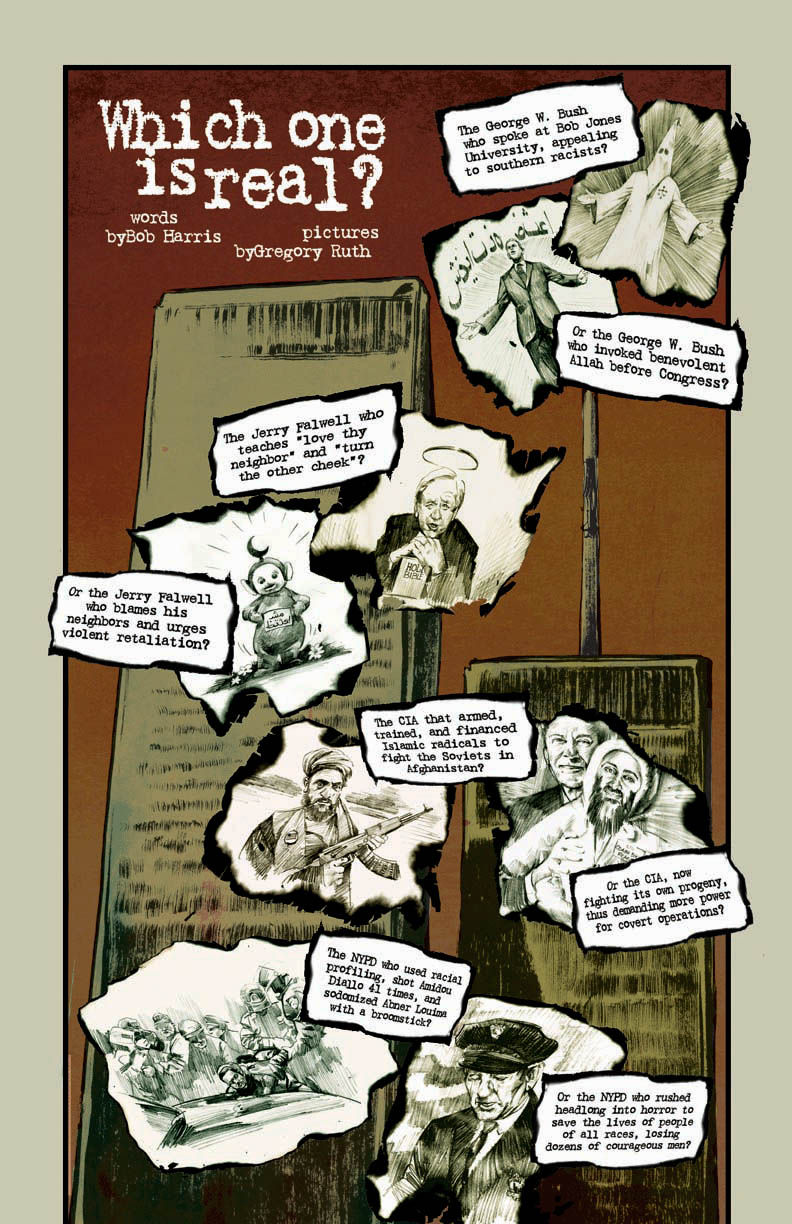 |
| THe 9-11 story for Dark Horse Comics fundraiser book… |
 |
| … it was directly to doing Freaks of the Heartland. |
This is the thing above that comes in- getting your work out there, getting exposure is absolutely essential in making a career in art. There are so many artists working now, and visibly so thanks to Mr. Interwebs, that commanding anyone’s attention away from the flood of art is an important achievement. Exposure is and can be a value. It’s no guarantee to pay dividends off later and is as a result a gamble, but a worthwhile one. When you’re just coming up, exposure is arguably more important to your career than money. It’s the long road that leads to taking care of that and making sure to get a handle on it when your personal lifestyle overhead is low is a key time to dance this dance. It is also known to the hose who hire that this has a value and will be presented as a reason to do a job often to ameliorate the fact the job itself pays little. An that’s fine if presented properly. Oftentimes this is exploited and abused as being cause to not pay an artist anything at all, and becomes a demeaning condescending tool that reveals more how little a client values artists than it provides a future for the artist it’s exploiting. Knowing the difference is key. This kind of actual exposure is real and can boost a career there is little doubt. Not to be confused with fake exposure which we’ll get into soon.
Any one of these can be absent in lieu of a stronger showing by the others, sometimes even two can be missing. Only LOVE can be the last man standing in a scenario like this, or should. None of the others are motivations enough to ever do a job and enjoy doing it. And it’s important to be happy doing it because that attitude will translate directly into how well you do that work. And if some AD has convinced you to work for them for free, you will start to resent them and it as it goes tough and the changes come in, the edits and rush. Because no matter how much they are not paying you, they will treat you like they did. They’ll expect things, want changes. This will gnaw at you over time and really just isn’t worth it because you decided to do it for free and it doesn’t feel right. No matter how much they may convince you it should, it doesn’t for a really good reason: it isn’t in fact, right.
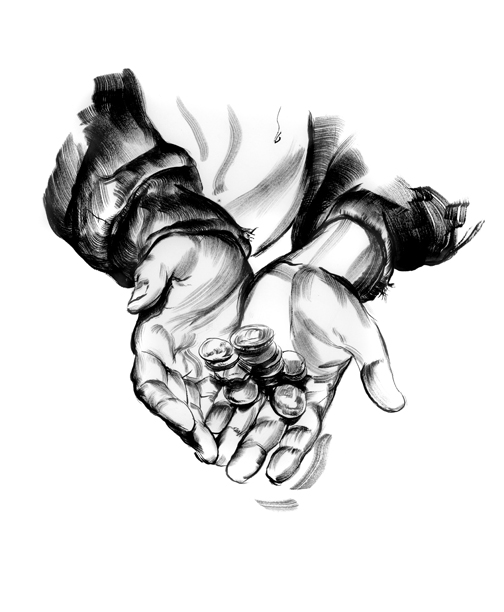 |
| Sumi drawing for SHERLOCK HOLMES 7 THE BAKER STREET IRREGULARS for Scholastic books. |
Bottom line: Working for Exposure is more complicated than it may seem and than the current discussions of this practice are attending to. It’s easy to demonize an AD delivering the bad message instead of seeing them as mere messengers. Largely they’re on your side and will do their best to work with you within the system they’re in. And remember they likely won’t be there forever- so don’t burn down that relationship just because they make an available target. Often the face closest to you is not the face to punch.
Exposure should never be considered currency, and this practice is bad for both sides of the equation. It discourages the best possible work, and sows discontent and further distrust for the sake of saving what amounts to comparatively little for the client’s budgets. It discourages better work that would better help promote or expand the reach of the thing they are trying to sell, and degrades the artists whom they rely upon to do this for them. It downgrades our value as artists and creatives at large when we take on gigs like this in lieu of legitimate paying efforts, and further makes it harder for all of us to make a living in a business already extremely difficult to do so in. It’s the very definition of a being penny wise and pound foolish. The opposite of this unsurprisingly garners opposite results: better work, flourishing artists supported by the work they do, and a business model that benefits both the client and the creative together, instead of trying to feed off each other.
Never feel ashamed for making sure you get paid in some form for the work you do. If you feel bullied or pushed into this, turn the question on to its questioner and see if it sounds better. It won’t and it might well make them realize they’re treating you like doody. Look out for work coming from any movie franchise or a campaign for a tv show that seems suddenly to have spent all their money by the time they got to you. They didn’t – it’s a choice. If it isn’t, they mismanaged their resources poorly and that should be a red flag too. Someone comes knocking on your door grinning with offers like these, assume the worst until proven otherwise for your own sake and safety. Read those contracts closely. That’s where the demons live. Really. (You walk in with all rights and powers to any situation- a contract from the company is looking to trade those out- usually for a fee, but they write the contract that suits their needs, not yours. Get professional eyes on it and look for clauses about wholesale v. retail percentages, usage agreements, copyright v. license… these can end up taking everything you made without you knowing it if you’re not careful).
And none of this should be confused with donations, charity, or other inherently voluntary fundraising efforts. Those are good and noble things and I participate in them regularly and happily. Those aren’t free- you’re giving of yourself to something more important than yourself, and all of us could do well do do more of this overall. I’m talking about work. Being asked to donate your time and skill set for work is a lot like being forced to volunteer: neither are actually what the word means. Making a life in art is hard enough without having to apologize for it. You work long hours, and when other people are relaxing and having something called a “weekend”, and for little pay overall and zero security. Yes it’s a choice and you love doing it, but that doesn’t mean all the situations you encounter as a result are your fault to apologize for. It also deserves respect, and you need to eat. Stand up and saying “no” can leave room for a better “yes” to come along. If we all said no, I bet they’d stop offering nothing. Let’s try it out and see what happens.


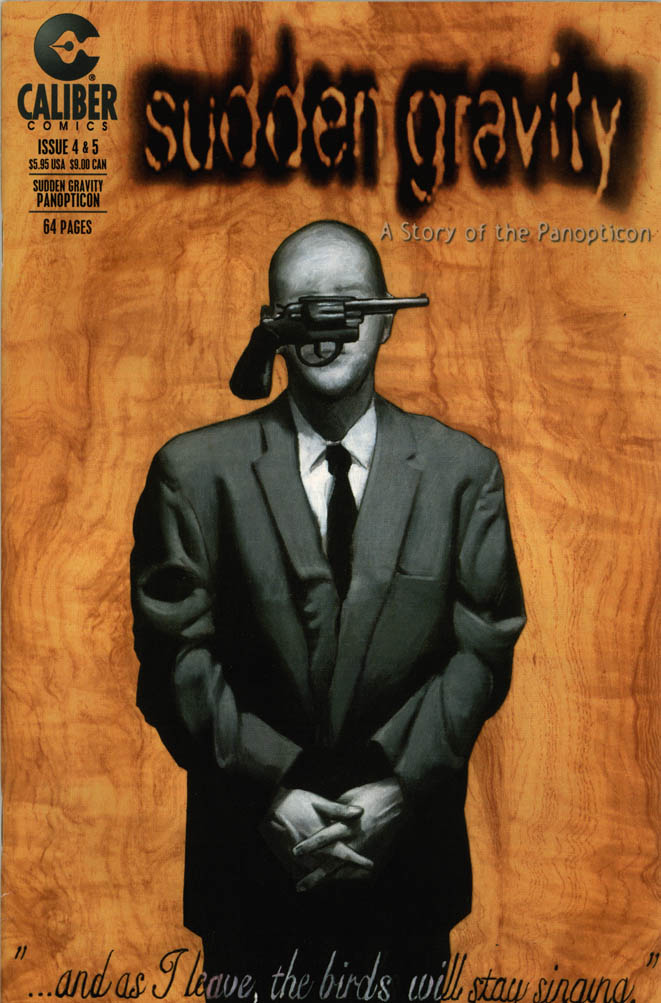
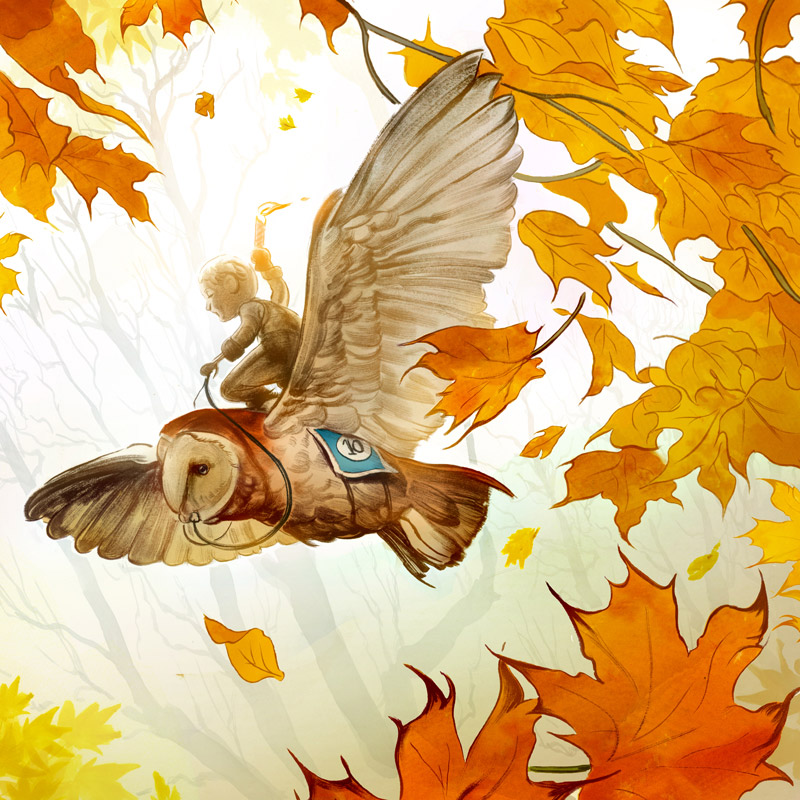
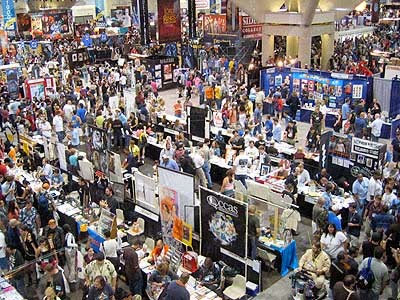
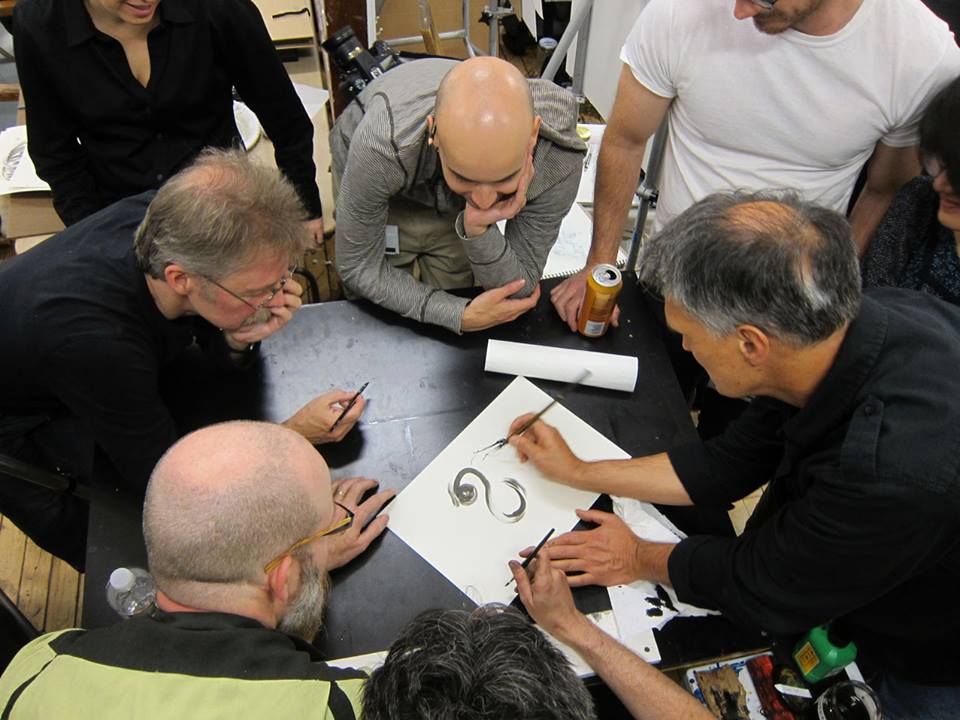

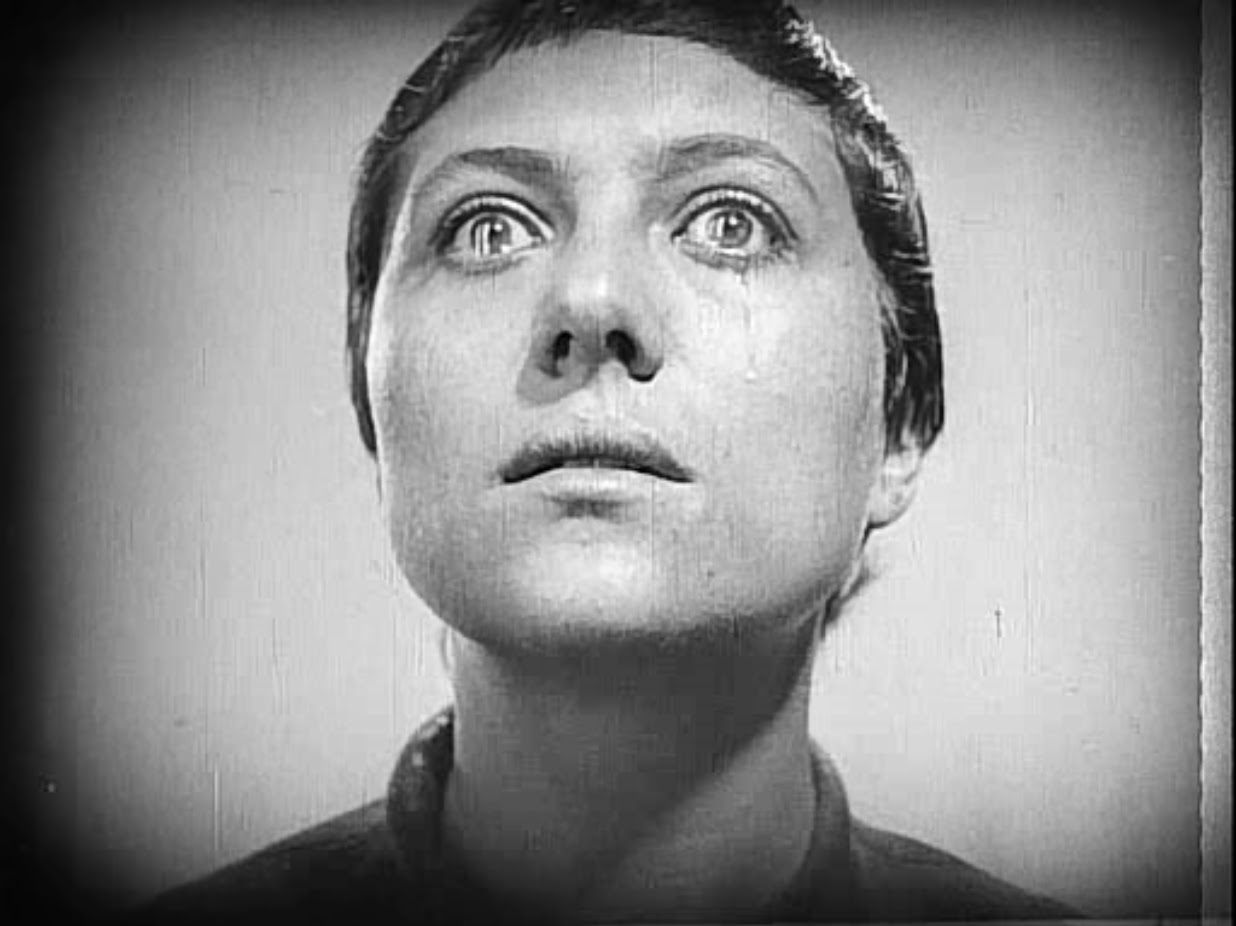

So far in my career I've turned down three book projects because they wanted to pay me “after the book makes money”.
These were all books that would have been self published and sold by the author.
The number one reason I turned these down was that I didn't trust the ability of the author to ever even get it printed, let alone actually get it sold, and once sold, ever get me any money whatsoever.
I think this falls under the category of “they didn't pay for your work so they care a whole lot less about the project”.
The interesting thing was, that all three of these people were infected with the idea that I should be thankful to THEM, because they were offering me this wonderful “opertunity”.
I told one of them that if I was going to illustrate a 40 page children's book that had less than 200 total words on spec, why did I need him? I could write 200 words about wood ducks in half an hour, but 40 pages of full color illustrations would take me a month or more.
I would be far better off writing a book myself.
Somehow, somewhere, even these independent writers seeking to self publish books had become infected by the idea that illustration work was worth absolutely nothing, where as their 200 words about a family of wood ducks was worth, well, heck, potentially “millions”.
(It was a train wreck by the way, all but 2 of the ducklings died and got absorbed by, well, “the force” essentialy. Total nightmare.)
If anything I see this attitude growing and getting worse.
Why? Hard to say, but my guess is because so far it has been working some of the time.
After all, why pay if you can get something for free?
In the end, the reason I turned down their proposals was that I didn't trust them to provide any of the potential forms of value you mentioned, not promotion, not money, not even a relationship that could lead to more work in the future.
Negatives in the values section all down the page.
Indeed. Here's something else to consider. We are VISUAL artists. The only way our products works, is when people see it. Which means the goal is to get it in front of as many people possible. Which, is what exposure is.
So, the exposure is going to happen no matter what. No matter how much you are paid, there is always, always, always exposure. We aren't talking about private commissions, but commercial work.
So, when they offer exposure, they aren't offering anything that wasn't going to happen anyway. For sure, they aren't going to promote you above the project. In fact, most often in cases like this, they probably want to own the art, and never have to acknowledge the person who created it.
So chances are, you'd get even LESS exposure. You probably wouldn't be able to have your name on it, they won't mention you in press releases, or anything. It's like back in the old Days of Disney, were he didn't want to give credit to the voice actors, to preserve the mystery of the character on screen. And they might even try to say you can't put in your portfolio.
Suddenly those exposure bucks are really pennies.
Well said. Thanks for this. Artists need to make a living too.
As a guitarist, I can tell you this happens in the music business all the time… I get asked to play for “exposure” often… “Mucho Gloria, Poco Dinero”… aside from helping Hospice for a fund raiser or a “free” booth at a trade show, I don't perform for free, ever. However, if the offer is compelling, I usually counter with, “You know I'd like to get more work from the XYZ agency, so I tell you what… I can play for cost… according to my spreadsheets and time in motion calculators, I can come out, set up, and play for $$$… about half the time, I'll get the job, and sometimes a premium. Always negotiate, let the customer know what is involved, and be positive!
SO true. Actually there are many MANY contracts that absolutely prevent your using your own art in your own folio. I think Allen and I have to write that clause in to just about any contract we sign these days. There's a clause in a gallery show contract that essentially hands over all rights to the giant company and group that sponsors the show, and even states they are under no obligation to pay the artist anything ever despite their freedom to use and profit from it perpetually. So yes… read those contracts, and get professional eyes on them. Most people like me, just can't see the tigers in the forest. We're not trained to spot them. The exposure they promise itself might not even be true.
Yes that's the key. be professional. calm and positive. These offers should be seen at the very least as an initial proposal- often you can negotiate them out of this madness. When you can't, don't take the job. It's not an actual job. But usually it's just a starting point for a conversation. Have the conversation and keep it as such and you'll be fine. Even if it doesn't pan out, being cool about it can endear you to them to find actual work later on.
Well done article, Greg! Loved the video. Sometimes doing a piece for free, like a poster for victims of domestic violence, can be a good thing. However, as noted in this article, this is the exception not the rule.
Some sort of wintry or perhaps the particular flu This drains the particular skin oils inside skin color leading to both hands growing to be dry departing the crooks to break peel off as well as Acnezine bleed Withstanding winters hard disorders as well as the way effectively both hands will certainly accept it depends about the strength of your skin hurdle Your skin layer hurdle is really a blend.
http://www.healthybeats.net/acnezine.html
I'm so glad my article on not being exploited to sell other people's products has encouraged you to do exactly that right here in these comments. Way to peer through my veil of irony and see finally and truthfully the reverse psychology that is in place. I commend you Tom, for being smart enough to know that there is no better place to discuss peeling skin ailments than an art-centric feedback section. Keep trailblazing!
Well said Greg! Wonderful and thorough article. And special props go to you for using the word “behooves” in an article of merit.
In my opinion the only kind of exposure work that is worth it is charity/volunteer work. At last here in Brazil many “Non-Profit Organizations”, Orphanages, Places that deal with kids with family problems/law problems, they can great benefit from having someone doing a piece for them, making a painting on a wall or anything like that.
It always pays back in the best way possible: gratitude and it gets the widest audience possible, as many of these organizations know how to spread out far and wide anything happening to them
Absolutely right. Well said.
Greg, you are encouraging spam. Please.
The writing for healthybeats is amazing!
Do you know if instructors in illustration schools are beginning to address this topic? It seems like the only way this will be changed is if it becomes universally known that this is a bad practice.
It amazes me how these people can say that 'project X', that is clearly heavily reliant on visuals / artwork, has 'no budget' for the art creation…
I have a project idea in mind, I'd like to have a bigger house and a new fancy car. I think I'll ring a few estate agents and car showrooms to see if they'll 'get on board'. Obviously I have no budget for these, but what does that matter ? I am pretty sure that when I explain how exposure works they'll be fine with it….
Not any that I am aware of. I found even at Pratt in the oainting department, there was never a single class where we were taight or primed to prepare ourselves for the practical transactional side of being an artist when out in the world. Most colleges are fairly insulated and I think don't or can't look to prepping students for the world outside as many of the tenured professors don't necessarily live there.
I am baffled as well, but as an example to the point… There was a recent study based on interviews with regular comics readers/ buyers who oberwhelmingly said they dismissed the art for the story. And comics is a medium wholly rooted in storytelling via artwork. So i don't get it either.
How odd. Maybe an experimental comic with no artwork is in order to gauge the response ?
I'd accept zero payment for the artwork 🙂
The children's picture book entitled THE BOOK WITH NO PICTURES by B.J. Novak was a blockubster success.
Regretfully.
oh well…back to the drawing board then….or not….
The Four Pillars is brilliant truth, Greg, and everything else in your column is spot on. Thanks for posting.
Excellent article. I was deliberating for an offer of work for free and lots of exposure, they were promising to use my name and biography worldwide along with the illustrations… but for nothing. Not fair to fellow visual artists! Thanks Greg!
So little is posted to let author's know what a fair rate is. When I started looking for an artist I had no idea what I needed to budget for. So it is a frustration on both sides.
I think a lot of people just assume they can't afford to pay real hard cash. I agree that the investment really pushes an author to sell and market and work harder.
Maybe artists can write more on what a fair rate might look like.
With that said, I wrote in a bonus to my contract, I want to pay my artist what she is worth, and I wouldn't be able to sell anything without her. But royalties are a hard concept for me, I'd rather give her a big lump sum when I hit milestones.